Back when Neon Genesis Evangelion first aired on television in the 1990s, its surreal and ambiguous ending unexpectedly caused controversy and division among fans.
Instead of ending with the usual climactic battle or neat resolution, the series took a unique turn in the final two episodes. It focuses on the protagonist’s introspection, Shinji’s inner turmoil, explores abstract philosophical themes, and ends on a mysterious note that leaves many questions unanswered.
In the closing scene, Shinji experiences an inner epiphany as he reflects on his painful experiences and relationships. This leads to a scene where he finds himself in a strange, ethereal place surrounded by other characters who congratulate and applaud him, although it remains unclear what actually happened. go out.
Many fans at the time felt disappointed and disappointed as their expectations for a show in the mecha genre were upset. Director Hideaki Anno’s pioneering, iconic conclusion is considered more puzzling than profound by those unfamiliar with his author’s experimental vision.
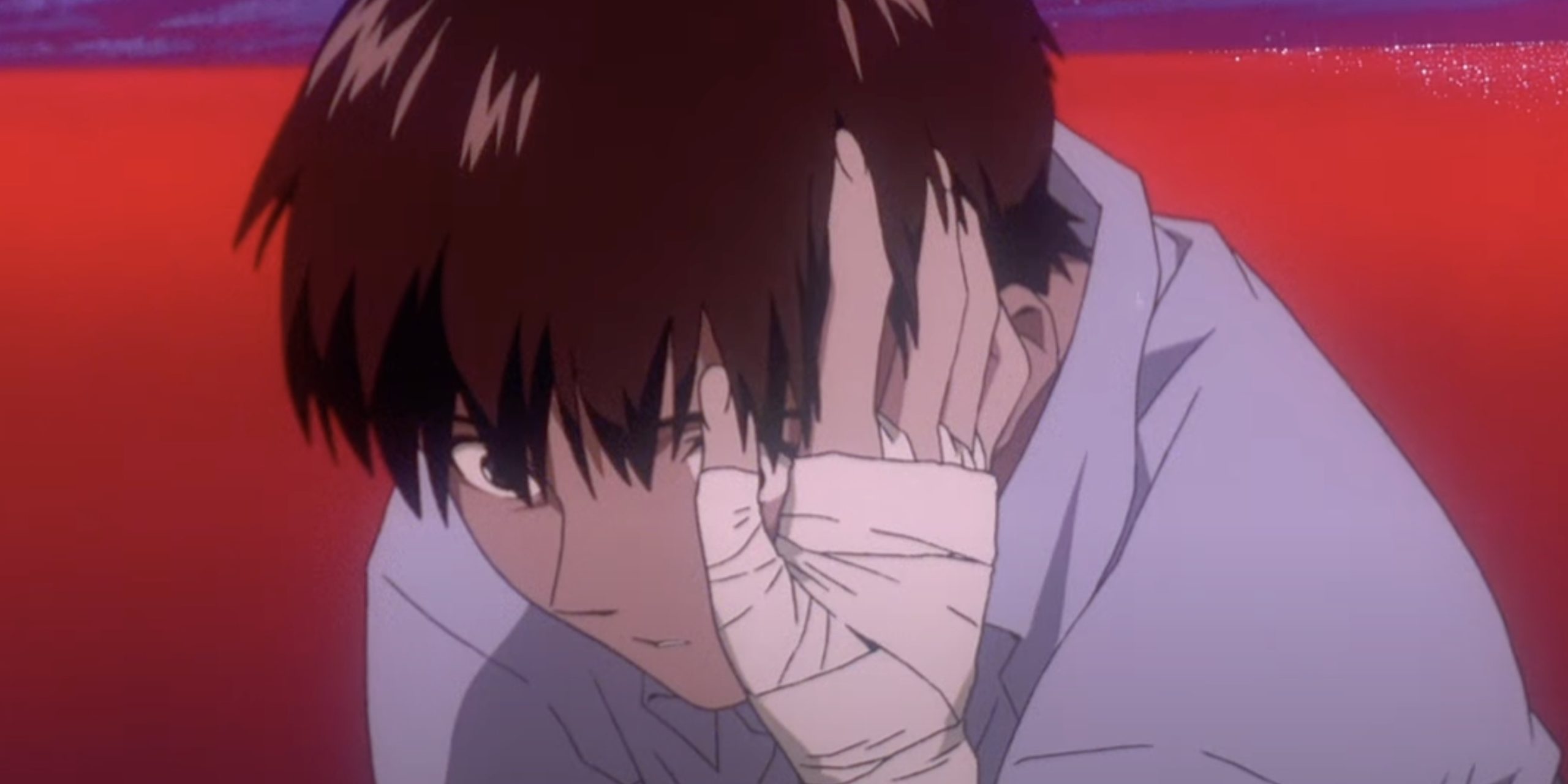
The reaction was so extremely negative that Anno even received death threats and countless critical letters from disgruntled fans about the finale.
Of course, in retrospect, many people now view the controversial ending as a masterpiece of surreal storytelling that was ahead of its time. But at the time of release, the film’s esoteric ending only further polarized Neon Genesis Evangelion’s dark themes and unique continuation with mecha anime tradition.
Kaworu Nagisa trong Neon Genesis Evangelion
Kaworu Nagisa played a compelling but divisive role in the animated series Neon Genesis Evangelion, despite only appearing in one episode of the original 1990s series. His brief but intense connection to the character it was Shinji Ikari, along with his truly shocking nature as the archenemy Angel, that made him the subject of endless debate and analysis.
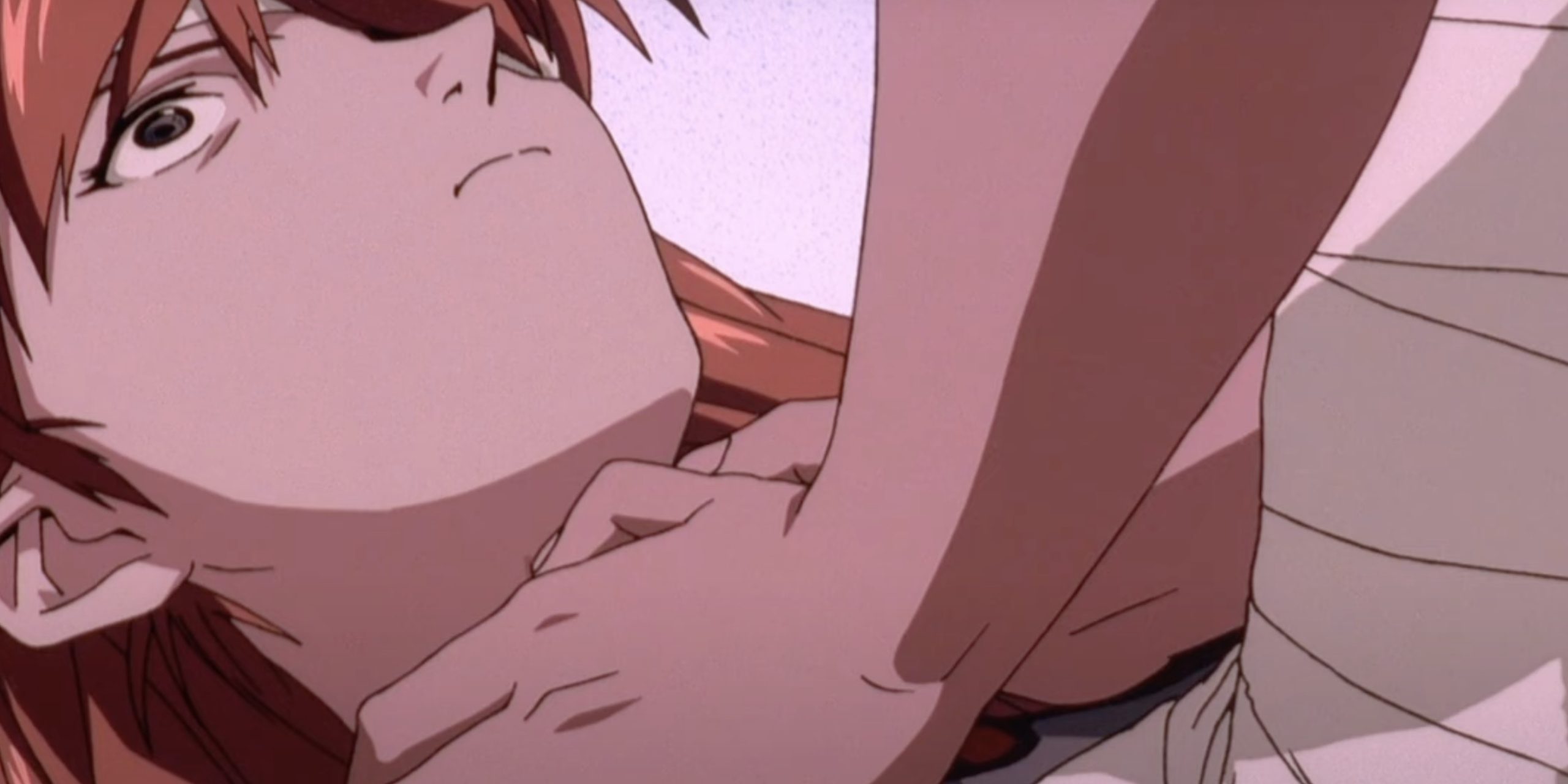
Kaworu first appears in episode 24, the last “normal” episode before the experimental, surreal two-part finale. At this point in the story, Shinji feels more isolated and emotionally abandoned than ever.
But then he meets Kaworu, who is sent to NERV headquarters to be a replacement pilot for the incapacitated Asuka. Despite Shinji’s discomfort with emotional intimacy, Kaworu overcomes his barriers with an openness and affection that no one else shows towards the lonely boy.
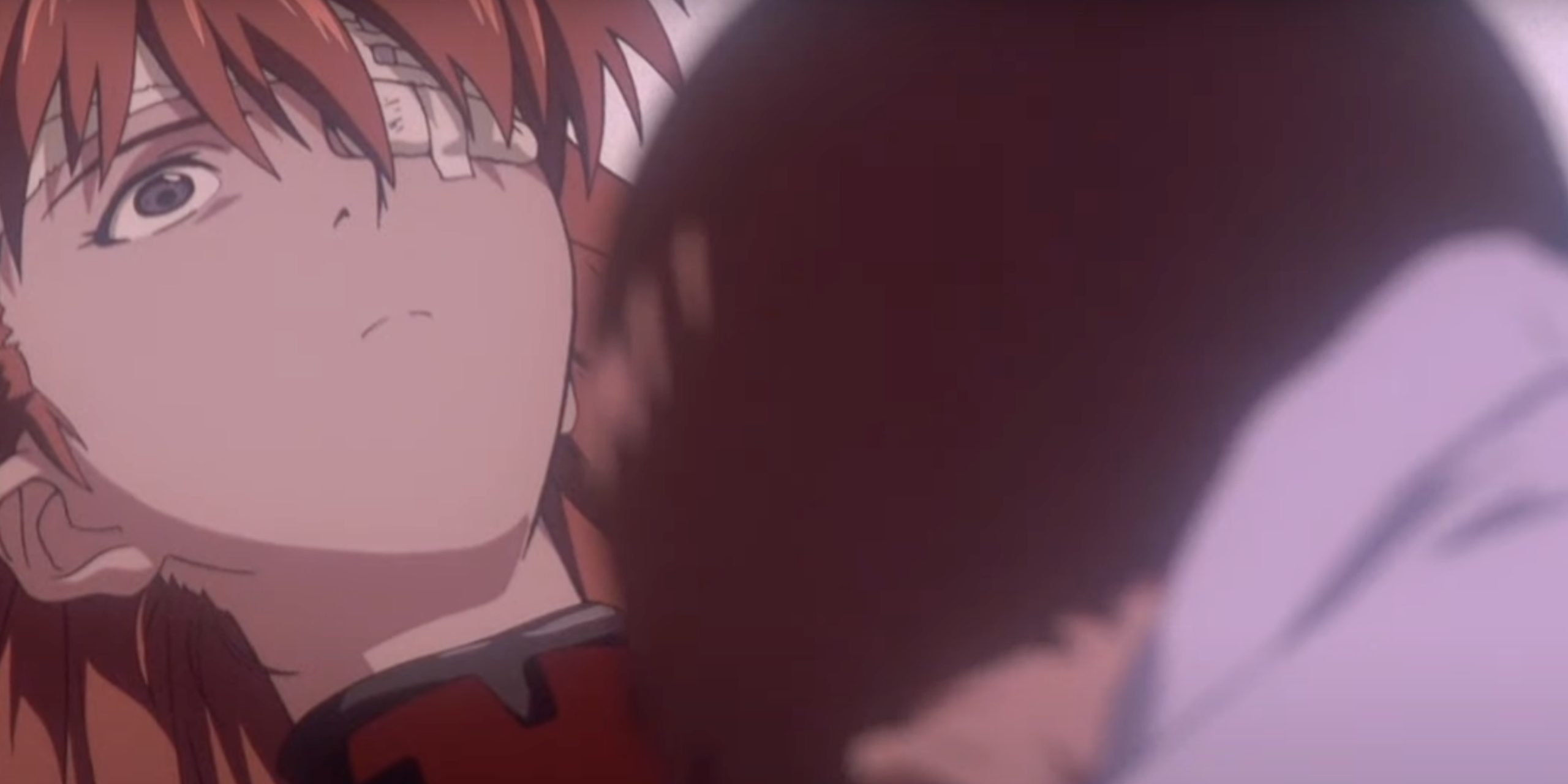
During their short time together, Shinji develops complex feelings of attachment to Kaworu – a combination of anxiety, curiosity, comfort, and perhaps romantic attraction.
This makes the final reveal that Kaworu is the Last Angel feel like a shocking betrayal for Shinji. As an Angel – the enemy the EVA pilots were created to defeat – Kaworu must be killed to prevent the Third Impact.
Being forced to break the first emotional connection he begins to form ends up driving Shinji further into despair and sets the stage for the abstract, controversial finale.
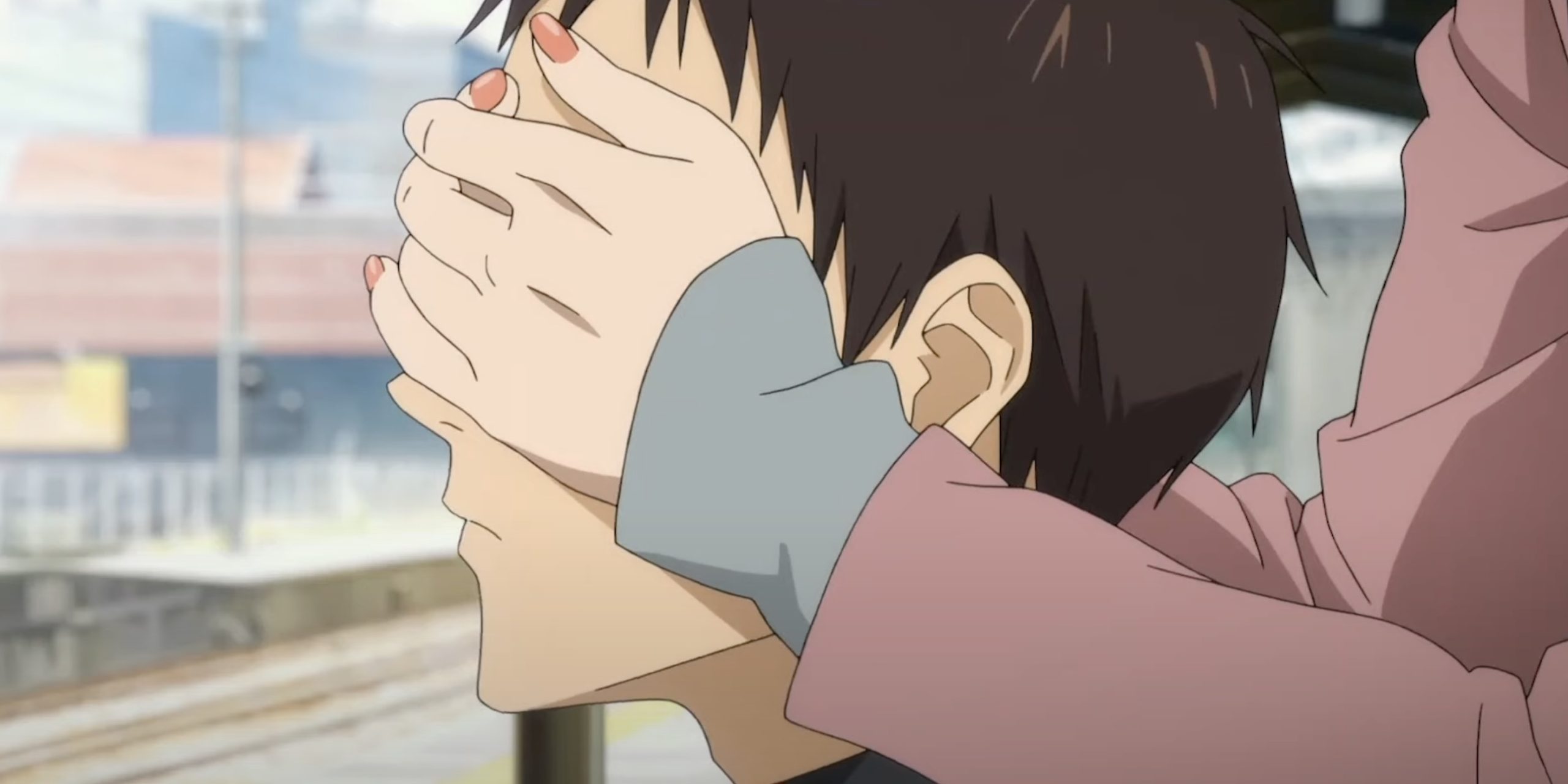
So in the end, Kaworu’s charming warmth combined with his true inhuman identity as Shinji’s fated enemy is what makes their interactions such a tense and difficult episode. handling for fans.
The expansion of Kaworu’s role in later Evangelion remakes highlighted how this short-lived angel forced Shinji to tap into – and immediately lose – his capacity for emotional peace.
Neon Genesis Evangelion’s controversial finale
Instead of depicting the apocalyptic battles and stakes previously hinted at, the ending focuses on protagonist Shinji Ikari’s introspection overcoming feelings of pain, isolation, and self-loathing.
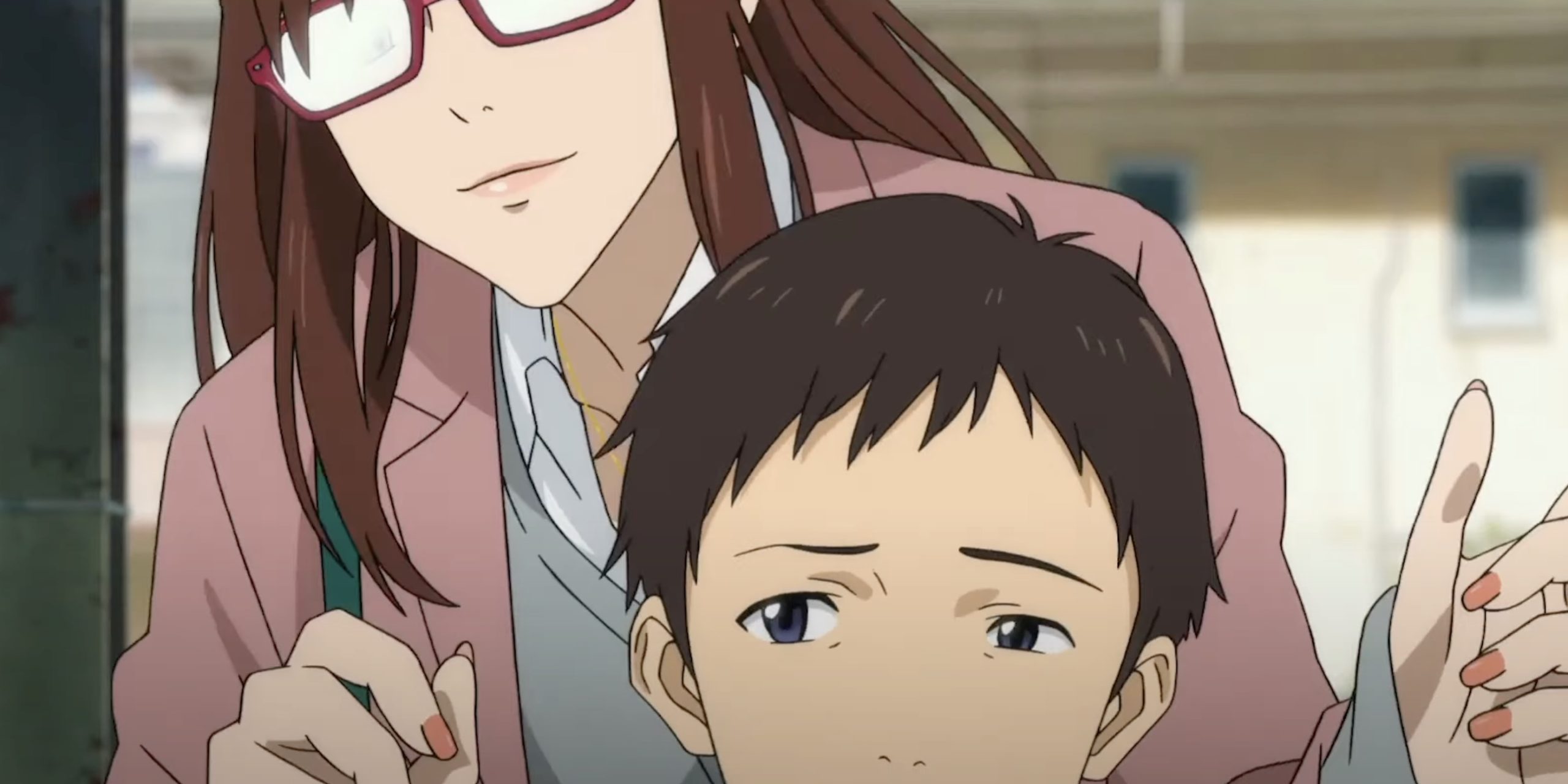
Financial constraints on the production budget contributed to this scaled-down finale, but creator Hideaki Anno’s own mental health struggles were the main influencing factor. Having battled depression for many years, Anno imbued Evangelion with themes of anxiety, hardship, and loss from the beginning.
The polarizing final episodes in particular reflect his belief that recovery from injury is an ongoing process filled with ups and downs.
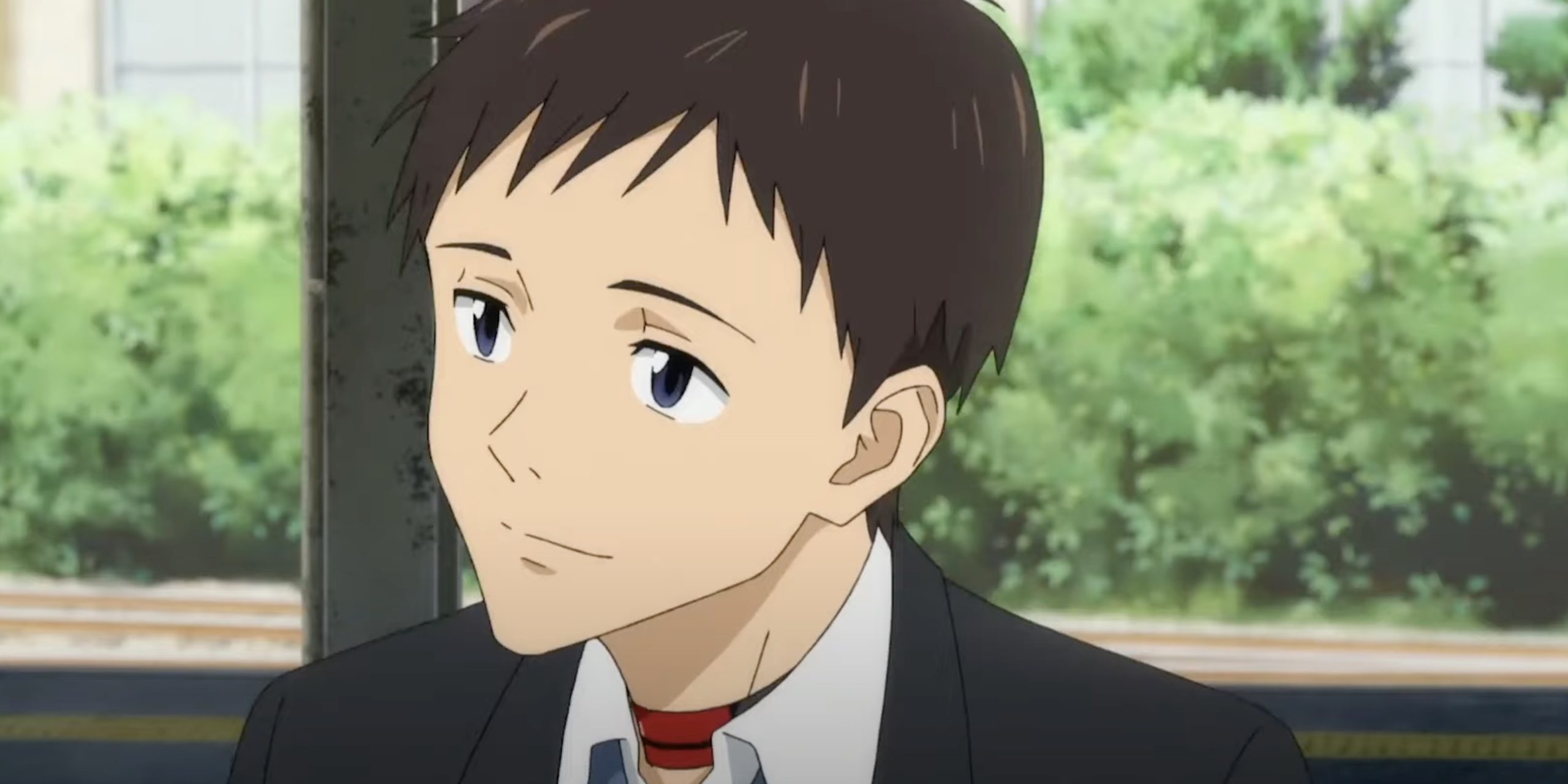
So while the unconventional nature of the finale disappointed many fans at the time, Anno felt Shinji’s process of understanding himself and achieving self-acceptance captured the struggle. in fact, it is cyclical to overcome mental illness.
The combination of unrelenting pain and hopeful revelation at the end reflects his view that humans continually weather good times and fail to learn how to cope with suffering.
For fans wanting a darker, more apocalyptic climax, the posthumously released film The End of Evangelion offers an alternative, catastrophic ending.
But the original TV ending remains a clear way to end the series – upsetting to some, but still powerful in its pioneering approach to resolving Shinji’s inner turmoil. .

